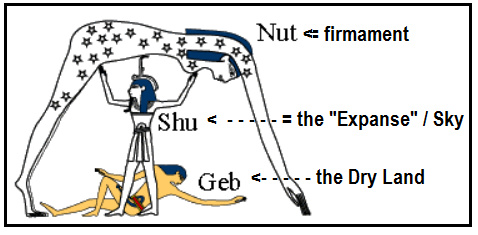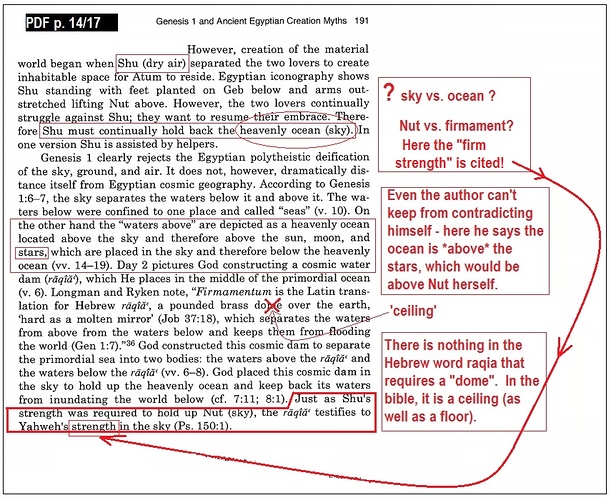So I read this article by AiG which “refuted” the claims of John Walton and other exegetes. It infuriated me. Regarding Genesis 1 and other ANE texts they said this:
By using ancient Near East literature, Walton is going outside of the Bible, which is committing eisegesis—reading meanings “into” the biblical text as opposed to “out of” the biblical text exegesis, this is to substantiate what he wants the Bible to say in order to accommodate those views.
There is much dissimilarity between the ancient Near Eastern accounts and the Bible. For example, how does one explain the polytheism, the theogony (creation of the various gods) the cosmic wars, the magic that is at the center of these epics. These are not found in the Bible. The Scriptures on the other hand give a true historical, chronological account of the event.
Good luck trying to convince someone like John Walton with arguments like this.
This is just head in the sand exegesis. Without question there are parallels between Genesis 1-2 and Egyptian, Babylonian, Sumerian and other ANE creation stories:
- Light before the sun (which assumes that daylight is independent from sunlight, so is hardly scientifically accurate.
- Watery chaos.
- Wind moving over said chaos.
- Association between naming and creation.
- Separation of heaven and earth.
- Land rising out of sea.
- Creator God founding a temple.
By the way the cosmic war may not be present in Genesis 1 (neither is it present in Egyptian creation myths) but it IS present in Psalm 74. Psalm 74 is only one passage in the Bible which mentions Leviathan. Here is another one:
On that day the Lord will punish
With His sword, which is hard and great and strong,
Leviathan, the fleeing serpent,
And Leviathan, the tortuous serpent,
Compare this to an Ugaritic text:
When thou shalt smite Lôtan, the fleeing serpent,
(And) shalt put an end to the tortuous serpent,
Shalya of the seven heads. . . . .
To deny the parallels here you must have your head in the sand.
Which brings me to a question. How are we to convince these people that Genesis, though it may lack some features such as a cosmic war and theogony, still has parallels with other ANE creation stories. And moreover, how do we convince those who refuse use extrabiblical texts to interpret the Bible in it’s original context. Is there any way?
I may respond to AiG on my own website at some point.

